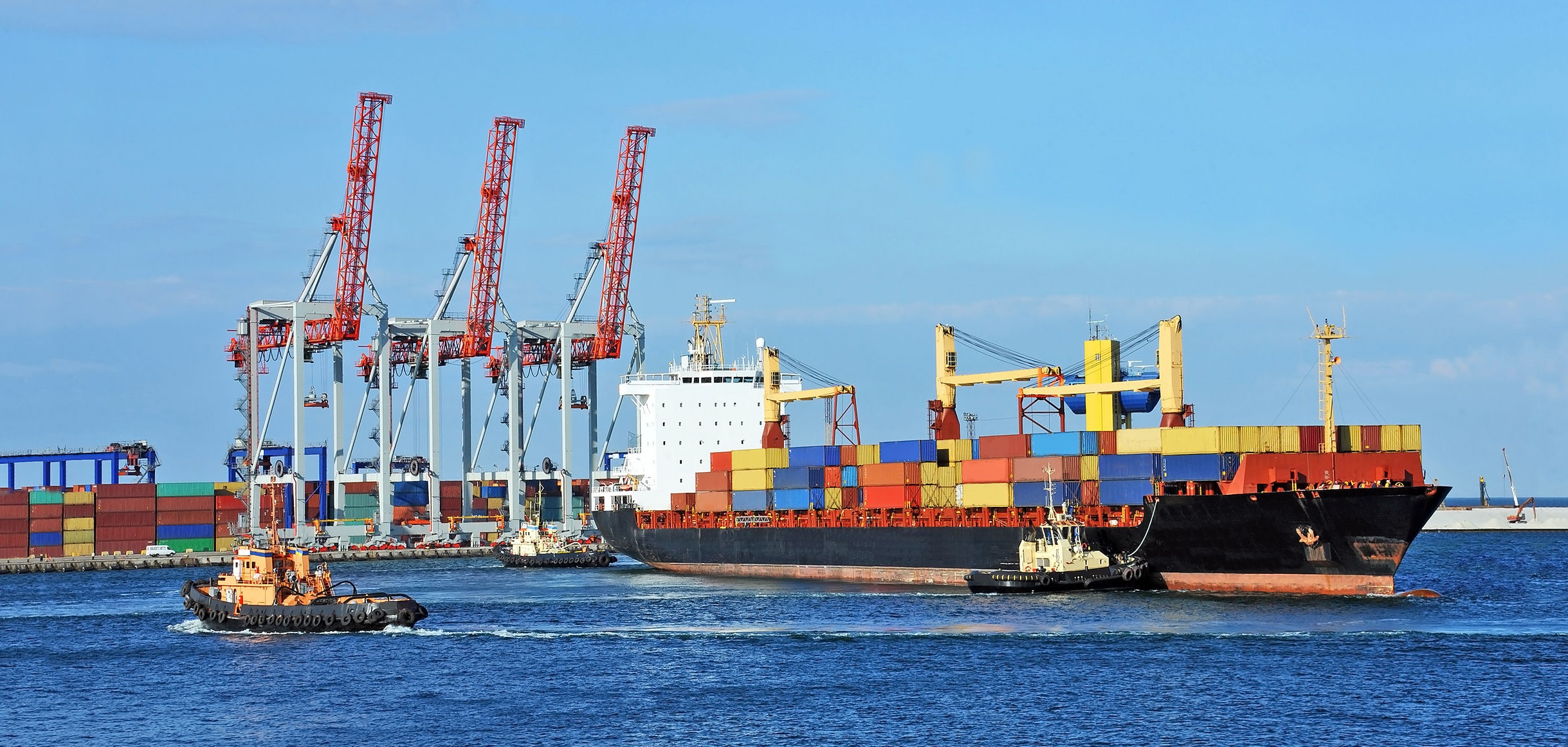Courses master Economic Geography track: Regional Competitiveness and Trade
Are you interested in the role of international trade and globalization in regional economic development? Then follow the track of the master Economic Geography: Regional Competitiveness and Trade. You follow the basic programme of the Master Economic Geography, but as addition also three track courses at the Faculty of Economics and Business.
What will you learn?
The programme of the master track Economic Geography: Regional Competitiveness and Trade contains these courses. Click on the course title to go to the full course description, information about lecturers, literature and time period.
Sustainable Economic Development (5EC)
Why are some countries poor and some countries rich? This course will introduce you to the debate about strategies for sustained growth and development in today's world.
Economic Geography: theory and practice (5EC)
The course is set against the backdrop of ongoing economic globalization and its implications for local and regional economic development. The course will examine analytical concepts and theories, as well as empirical approaches to investigating economic geography. In this context, the course will introduce important current themes in economic geography, both from an academic point of view and from a societal stance.
Related SDG: 3 good health and wellbeing, 10 reduced inequalities, 11 sustainable cities and communities
Entrepreneurship, Innovation and Regional Development (5EC)
In this course we focus on the founding of firms and (individual) entrepreneurs. From the founding of the firm we follow the firm through the life course (growth, migration & dissolution) and how these events have an effect on regional development. Entrepreneurship (and firm dynamics in general) is an important mechanism in regional economic development. This field of study is interdisciplinary. Therefore, we pay attention to different disciplines: sociology, economics, business, demography and geography.
Related SDG: 10 reduced inequalities
Global Transformations Local Impacts (5EC)
This course considers the interdependencies between global economic, social and political transformations and impacts at different geographical levels. The lectures and seminar discussions reflect on processes of globalisation as well as examples of local, regional, national, international and planetary governance and their impacts at national, regional and local levels. Reflecting, the extent to and ways in which regions and nation-states have or may have an impact on the shaping of global transformations. This includes a discussion of how global trade patterns create direct and indirect environmental impacts on the local level and relevant policy responses to these impacts. It also engages with academic and policy debates in relation to efforts at different levels (with a particular focus on the European Union) of encouraging and facilitating competitiveness across its regions and at the same time promoting social and territorial cohesion.
Spatial and Network Interaction (5EC)
Spatial proximity and interconnectedness shape the working and the diffusion of various socio-economic phenomena (e.g., economic growth and social mobility). Neighboring actors impact each other more than those farther apart. At the same time, more significant influence occurs between actors with closer / stronger connections within a network. Building on relational economic geography, this course bridges network science and spatial econometrics. This course analyzes socio-economic networks such as economic networks, co-inventor relations, and labor mobility networks.
Geographical and Urban Economics (5EC)
The geo-economic map of the world changes constantly. A striking characteristic of these changes is the persistent uneven spatial distribution of economic activity and, associated with this, the uneven income distribution between and within countries. The UN sustainable development goals address these observations explicitly (goal 1 - poverty reduction- and goal 11 - sustainable cities and communities). Key drivers for this 'spikiness' of the world are location decisions of firms and workers. Globalization affects these location decisions of firms and workers in a fundamental way. This course aims to provide students with a better understanding of the resulting changes in the geo-economic patterns of the uneven distribution of economic activity over space and the underlying strategic decision of firms to re-locate in (or offshore to) knowledge intensive clusters of economic activity.
Regional Labour Market Dynamics (5EC)
The labour market is by definition a regional market because of the limitation of the daily commuting distance. In the Regional Labour Market Analysis module, attention will be paid to regional differences in the functioning of the labour market with regard to unemployment, employment, wages, labour market participation, labour productivity and education.
Related SDG: 10 reduced inequalities
Transport Geography (5EC)
Participants of this course will acquire a thorough understanding of the relationships between transport mobility (i.e., the demand for travel), the development of infrastructure (supply side) and the wider economic development of places and regions. They will be able to apply this understanding to specific examples of transport infrastructure development.
Related SDG: 9 industry, innovation and infrastructure, 10 reduced inequalities
Master Thesis (20EC)
The individual Master thesis concludes the Master degree programme and is worth 20 EC, i.e. one third of the study time. During the Master thesis, students will gain experience in scientific research as well as translate theoretical knowledge into concrete skills that are useful in conducting research.



